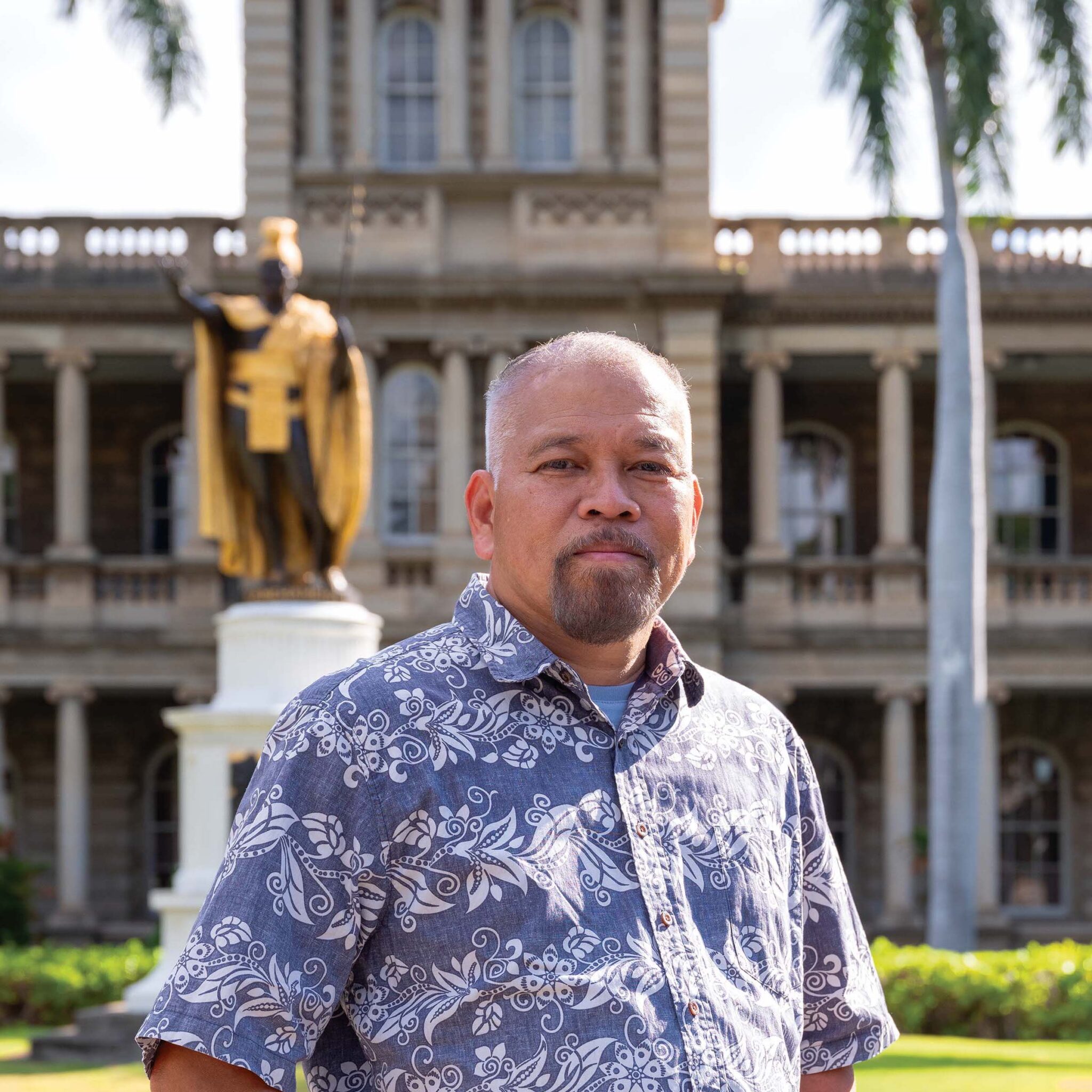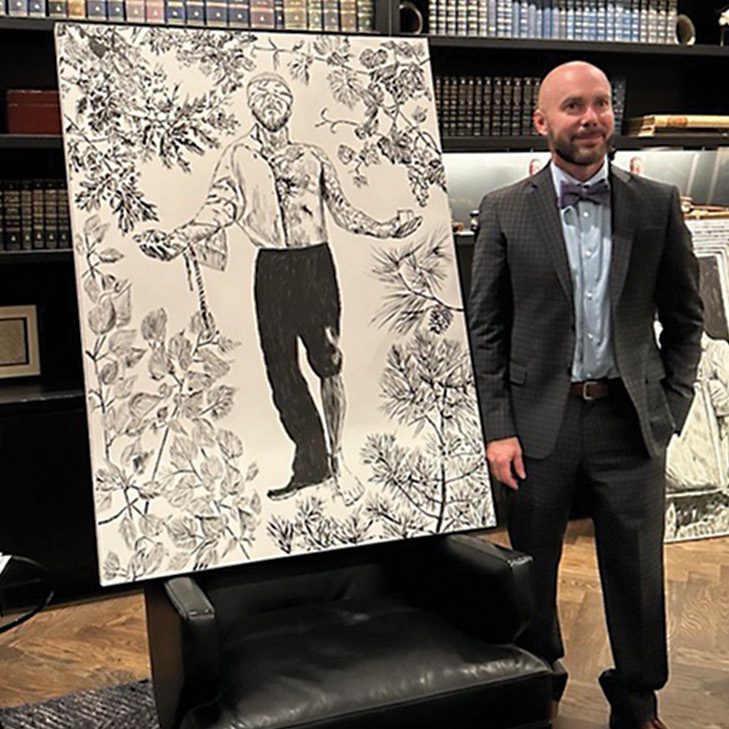
Member Profile: Gloriani Lontoc
Meet a California Freemason doing double-duty as grand master of Hawaii.
By Ian A. Stewart
Deanne Rehberg and her team of memory-care specialists were there for support, but the group of seniors with dementia who’d gathered for a Red Hat Club meeting were the ones in charge. And that meant that the conversation was wide-ranging, free-flowing, and, at times, quite emotional. One resident, not a big talker, was moved to share pictures from a family photo album. Another recalled the grief of losing a child. The other members of the club were there to hear them out and share their own memories. “That’s the importance of these groups,” Rehberg says. “People need an outlet to talk about their feelings.”
For Rehberg, that’s become one of the keys to a holistic approach to memory care adopted by the Masonic Homes of California. Rehberg, as the newly appointed director of memory care, oversees with her staff the Traditions program, which serves seniors dealing with memory loss, from the affliction’s earliest stages to its most advanced forms.
Engagement is at the beating heart of the program. “What happens with people with dementia is that people start taking things away from them,” she says. “But one of the essential things you can do to slow the disease and maintain cognitive levels is to keep up social connections—things like going out with peers, giving back to the community, doing service projects.”
Those kinds of social activities, along with regular exercise and brain-boosting games, have been shown to slow the progression of memory loss by as much as 60 percent for people with an early diagnosis, Rehberg says. “As long as there’s support in place, there’s nothing that should be holding seniors back.”
Rehberg, who has spent more than 20 years in senior care and memory care, says that’s the driving force behind Traditions, which includes several important components.
Keeping physically fit benefits not only the body but also the mind. As part of Traditions, seniors with dementia work out twice a day—typically for 30 minutes in the morning, and an additional 15 to 30 minutes in the afternoon.
Through Traditions, residents gather every day for a wide range of group activities, including “artist’s corner,” a gardening group, cooking and baking classes, walking teams, and lunch clubs.
Games like bingo may get a bad rap as stereotypical senior game-night fare, but group activities can actually help stave off memory loss and keep seniors sharp. Team trivia, card games, and the like also help strengthen memory and bring people together.
Exploring other parts of the campus, including the Masonic Homes’ library, museum, ice cream parlor, and clothing shop, is a key element of the program. As are off-campus group trips, whether for a lunch outing or to visit a museum.
Crucially with Traditions, the program encourages memory-care residents to fully participate in the campus community. Whether it’s sharing lunch with friends, attending a ceramics class, or attending a music performance, dementia-care residents are invited to all Masonic Homes events, both on campus and off. Through Traditions, they are able to attend while ensuring that there’s trained staff on hand to support them, no matter where they are.
Says Rehberg, “Everything is geared around making sure residents have their independence and choice, and that they’re not being isolated. It’s all about preserving their dignity and respect.”
To learn more about Traditions and the Masonic Homes of California’s memory-care programs, visit masonichome.org.

Meet a California Freemason doing double-duty as grand master of Hawaii.

The 2024 Youth Support Award recipients show that when it comes to the Masonic youth orders, you get more than you give.

At Prometheus № 851, candidates bring Masonic philosophy to life.